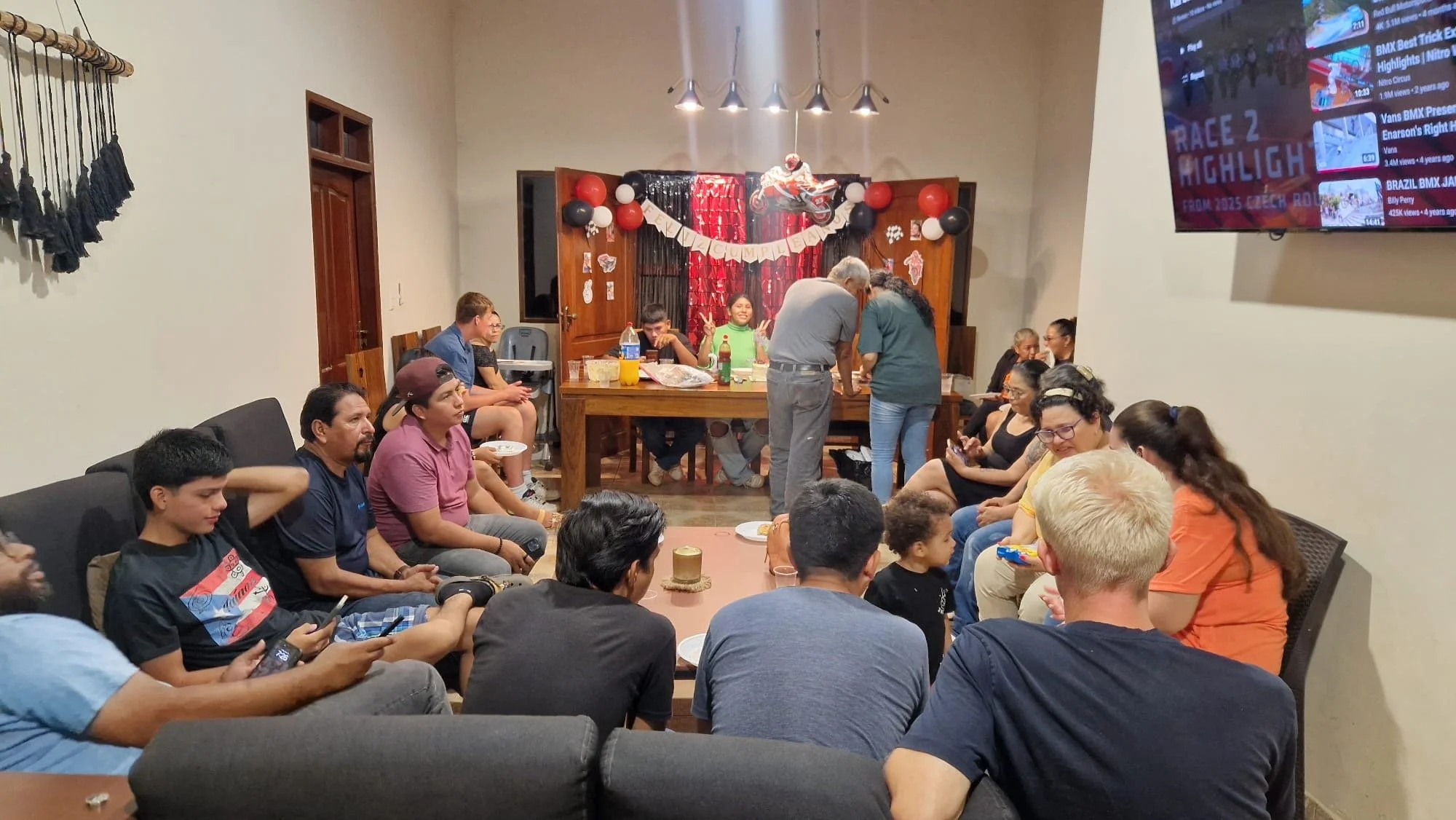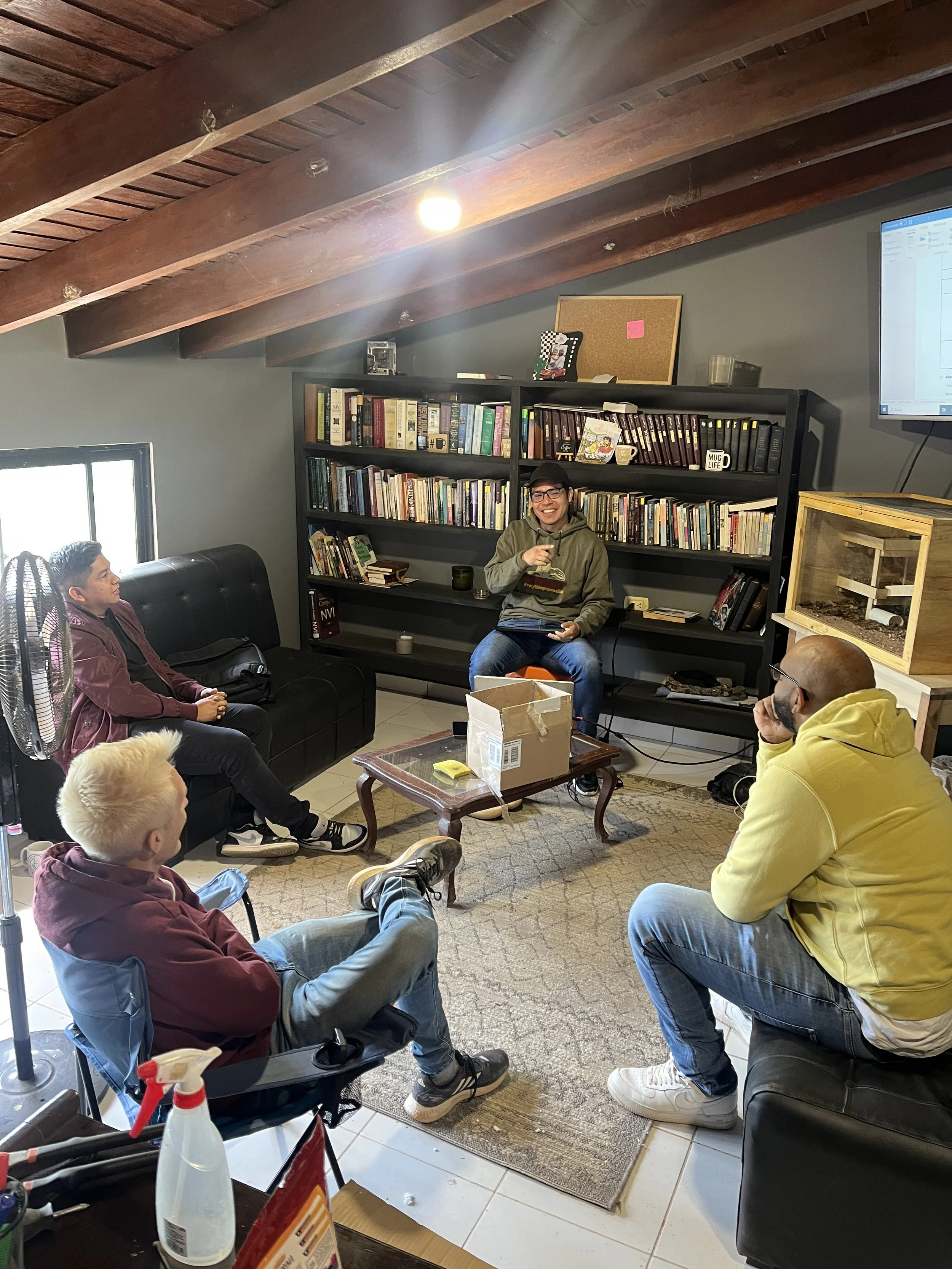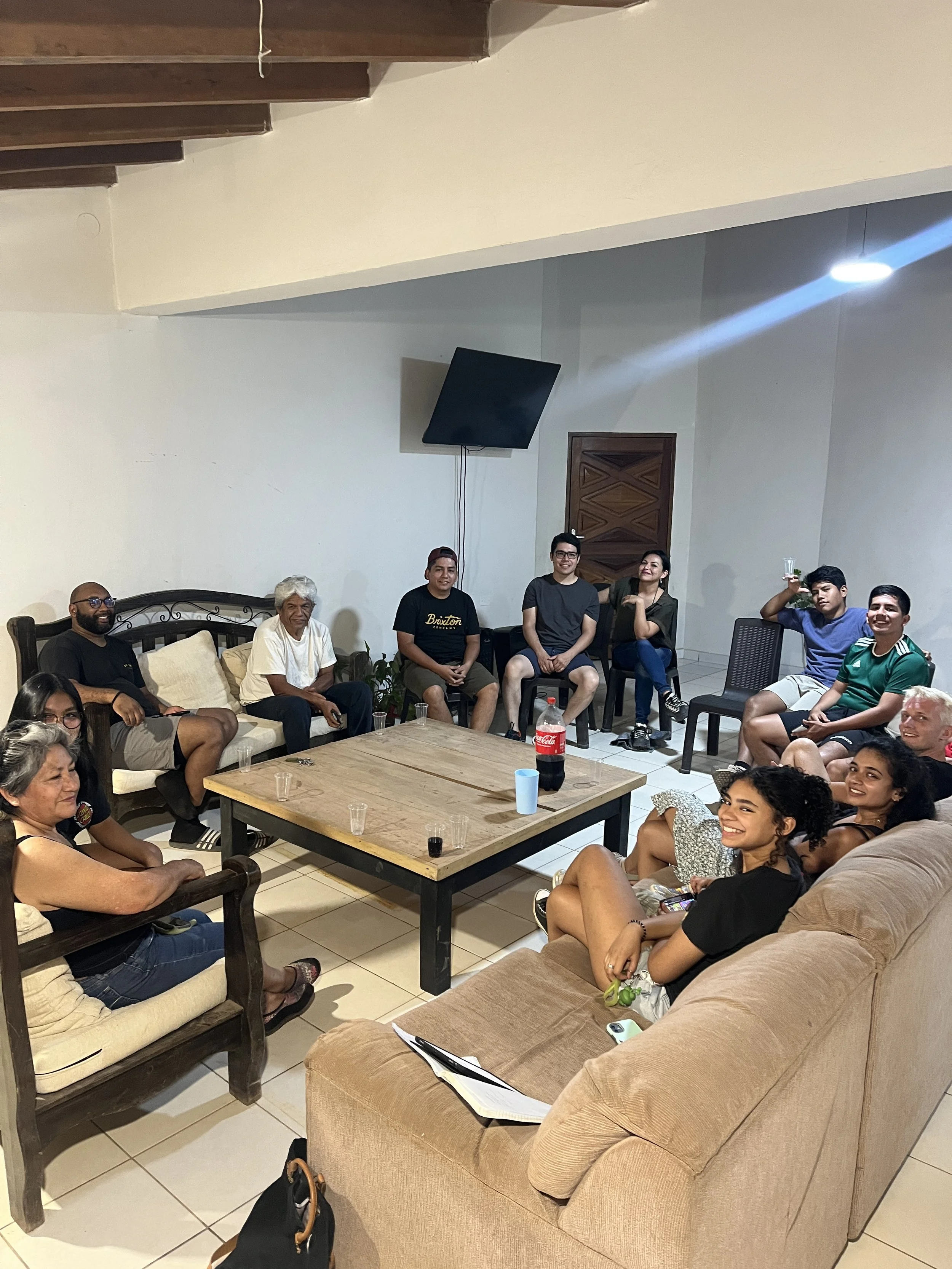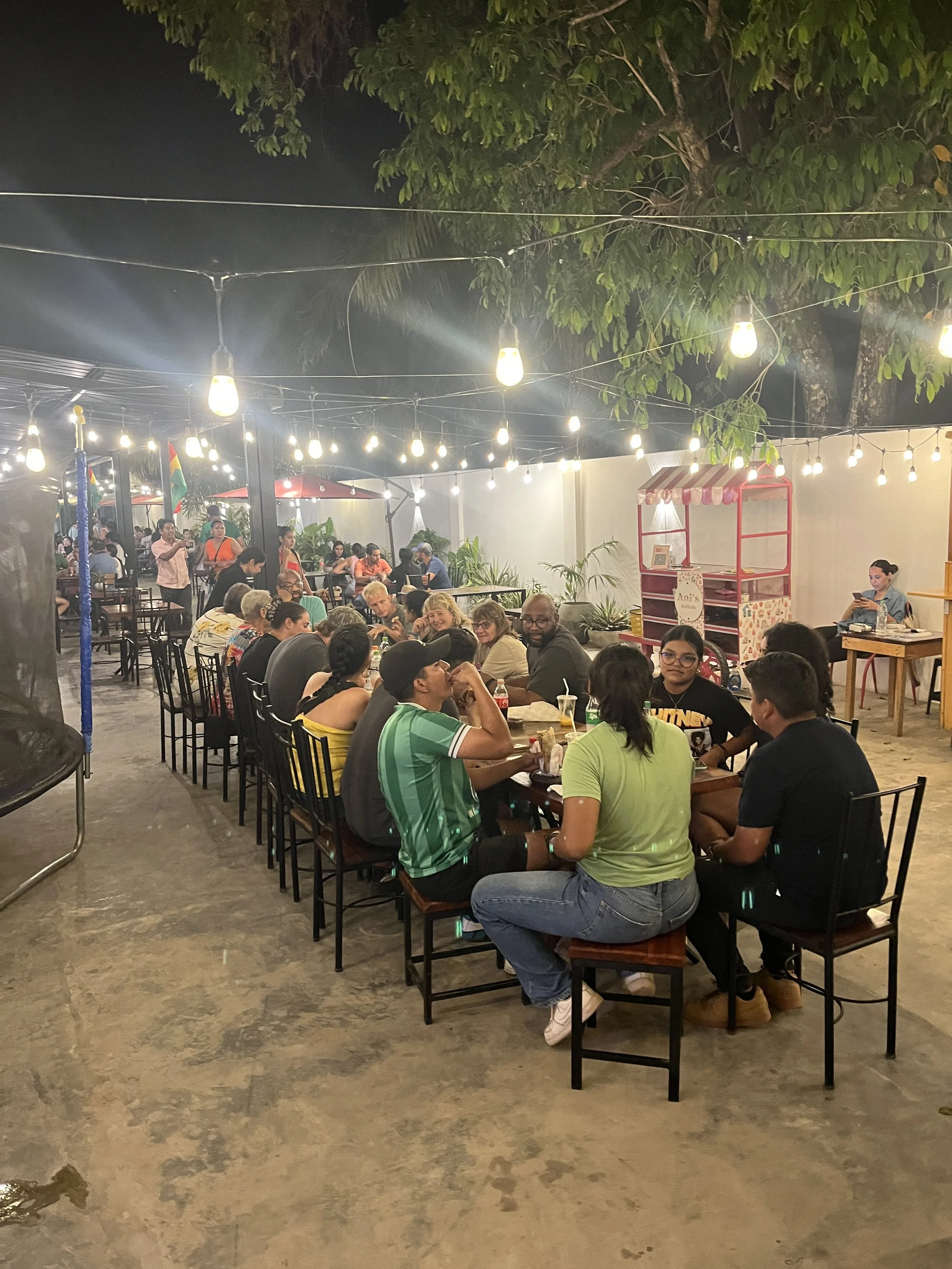What Is Biblical Community, Really?






10/7/2025
Romon Gore
If you’ve spent much time around me in the past ten years, you can probably guess where this is going. Yep — community. I talk about it all the time, and there’s a reason. Community is one of the things most often missing in the church. We’re great at running events, programs, and Sunday services, but sometimes we forget who we really are: not just individuals who believe in Jesus, but a people who belong to one another because we belong to Him.
When most people hear “community,” they think of neighborhoods, social groups, or just having friends to hang out with. But when the Bible talks about community, it points to something far deeper. Biblical community is more than just being together — it’s being bound together in Christ.
From the very beginning, God designed us for community. “It is not good for man to be alone” (Genesis 2:18). We were made in the image of a triune God — Father, Son, and Spirit in eternal communion — which means life in isolation is never God’s best for us. The church isn’t just a meeting place. It’s a family. And when we forget that, we shrink the gospel down to something it was never meant to be: private, individualistic, me-and-Jesus spirituality.
Jesus didn’t just save scattered individuals; He formed a people. Paul writes, “You are no longer strangers and aliens, but you are fellow citizens with the saints and members of the household of God” (Ephesians 2:19). That means your identity is no longer just your career, your nationality, your political party, your personality type, or whatever label the world tries to slap on you. Your identity is tied to Christ — and because of that, tied to His people.
This changes how we view each other. Church isn’t about personal preference. It’s not about whether the music is my style or the preaching hits my taste. It’s about remembering that we belong to one another because we belong to Him.
But here’s the hard part: biblical community will cost you. Jesus didn’t call us to a “like-minded club” where everyone is easy to get along with. He said, “Love one another as I have loved you” (John 13:34). That kind of love isn’t sentimental — it’s sacrificial. It means forgiving when it would be easier to walk away. Serving when no one notices. Opening your home when you’re tired. Carrying one another’s burdens (Galatians 6:2).
And here’s where it gets real: this is why political differences make us so angry. It’s hard to love someone who doesn’t think like me. Instead of loving them and confronting sin when it matters, we try to force everyone to fit our preferences. That isn’t community — that’s individuality, and it’s a trap we all fall into at some point. I’m not saying we just shrug and accept everything people do or believe. There are times to confront sin. But there’s a big difference between challenging sin and demanding everyone live by my personal tastes. The goal isn’t to make people more like me — it’s to help each other become more like Christ. True community means unity, not uniformity.
And this type of love demands an explanation.
This is where community becomes mission. Jesus said the world would know we are His disciples by our love for one another (John 13:35). That means how we treat each other is the clearest testimony we have. People may not understand our doctrine right away, but they will notice our love. And such an extreme, forgiving love always demands an explanation.
Community, then, isn’t something you attend — it’s something you practice. It’s presence. It’s showing up. For us, it’s at the dinner table, at the clinic, in the community garden, on the futsal court, in the quiet car ride, and in the late-night prayer. It’s in the ordinary spaces where Christ becomes visible because we choose to be present with each other. And the more we practice this presence, the more it shapes us — and the more it shapes the world around us.
Here’s the picture that sticks with me: community is a table. Jesus sets it. He invites us in. And then He teaches us how to love one another so the world can see Him. It’s not a checklist to complete. It’s not a program to finish. It’s a way of life — a gospel-centered rhythm that flows from who God is and who we are in Him.
Community is what makes us the church. Not me. Not you. Not the lone Christian “doing their own thing with God.” We are the church. Paul said it like this: “Now you are the body of Christ, and individually members of it” (1 Corinthians 12:27). One Christian can’t be the body. But together? Together we show the world who Jesus is.
So here’s the challenge: are you really practicing biblical community, or just attending church?
Because “I” am not the church. We are.
Romon Gore is a missionary and church planter from West Virginia who has served in Bolivia for 16 years. As the cofounder and president of Red Roots, a nonprofit organization, he is committed to serving and strengthening the global Church. Romon is married to his wife and ministry partner of 18 years, Melinda, and is a loving father of three.


